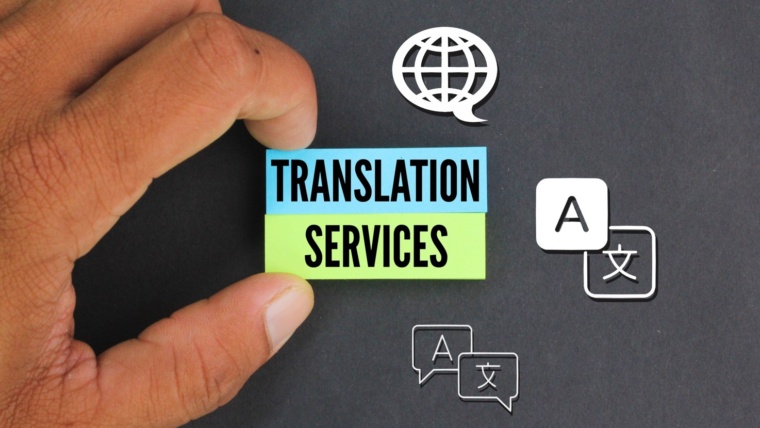
The Story of Court Interpreting in Hong Kong (II)
August 4, 2020
Our last post mentioned that the then governor Murray MacLehose enacted a law to give the Chinese language legal standing equal to that of English in 1974. However, bilingual legislation was not implemented until 1989 and the magistrates’ courts started Chinese hearings only in early 1990. The Law Drafting Division of Department of Justice completed the translation of all existing English statutes into Chinese before the handover of sovereignty in 1997. The English and Chinese versions stood with equal legal status, substantially solidifying the foundation of using both languages in court trials.
In 1996, all levels of the courts in Hong Kong introduced the digital audio system for taking records of hearings. The audio system records every single word during court hearings, providing not only protection for court interpreters from unfounded accusations but also important resources for training the interpreters. On the other hand, it has imposed great stress on them as the records may be a subject of accusation. In 2016, there was a drug trafficking case in which the defendant was convicted. The trial was conducted in English and the jury was allowed to put on headsets to hear the Cantonese interpretation of the closing submissions and the judge’s direction. However, the interpretation was not recorded. The defendant appealed against his conviction in 2020 on the ground that he was not able to verify the accuracy of the interpretation. The interpreter in this case was required to give written response to questions drafted by the judge. The appeal is pending at the time of writing.
After the handover of Hong Kong, court cases in Chinese became more common. According to statistics in 2017, 84%, 74% and 30% criminal cases in the Magistrates’ Courts, the District Courts and the Court of First Instance of the High Court respectively used Chinese as the medium. Judges are mostly local people and the demand of English-Chinese interpretation has been declining.
That said, the service of court interpretation remains necessary. There are still many criminal cases in the High Court that are conducted in English or involve non-Chinese. Furthermore, in addition to consecutive interpretation for witness testimony, there are needs for simultaneous chuchotage (whispered interpretation), for instance, for the judge to take notes on the case, communicate with the attorneys and give direction to the jury and for the defendant to understand submissions of the prosecution and the defence.
One more issue is that, typically, one interpreter is responsible for all interpretation in the whole trial, which has the risk of error out of overwhelming stress and therefore a miscarriage of justice. Hence, legal professionals suggest that the court should consider arranging a second interpreter to share the workload.


